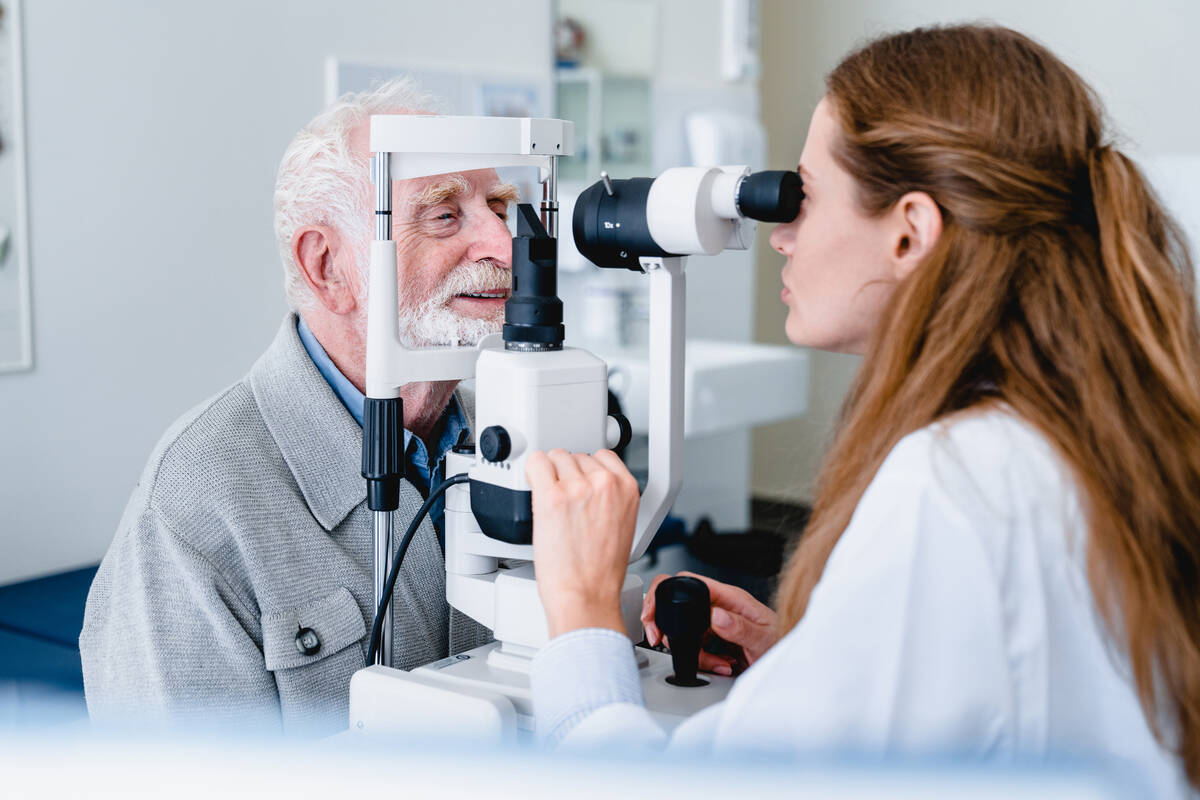Savvy Senior: Tips and tools for coping with vision loss
Dear Savvy Senior: Can you recommend some good resources for seniors with vision loss? My husband was recently diagnosed with macular degeneration, which has deteriorated his central vision, and he’s become very discouraged. —Worried Wife
Dear Worried: I’m very sorry to hear about your husband’s eye condition. About 20 million Americans are living with macular degeneration. Over time, this progressive disease can rob people of their central vision, making everyday tasks such as driving a car, reading a magazine or watching TV extremely challenging. Here are some tips and resources that can help.
Low-vision help
If your husband hasn’t already done so, he needs to see a low-vision specialist for a comprehensive examination. Low-vision specialists are ophthalmologists or optometrists with additional credentials or specialization in low-vision testing, diagnosis and treatment.
A low-vision exam, much different from a typical eye exam, will explore how your husband’s eye condition is affecting his day-to-day life and how he’s adapting emotionally and will prescribe solutions to help him regain as much day-to-day functioning as possible.
Your next step is to get your husband to a nearby vision rehabilitation service. These services, which are run by state or nonprofit organizations, or private eye care clinics, help people with all types of uncorrectable vision impairments. Most state and nonprofit services are free or low cost, while private clinics typically charge a fee or may accept Medicare.
While vision rehabilitation does not restore lost sight, it does help people maximize their existing sight or, if they have no vision, it can equip them with techniques and tools to help maintain an independent lifestyle.
Services include counseling, along with training on how to perform daily living tasks with low vision, and how to use visual and adaptive devices and assistive technologies that can help improve quality of life.
They also offer guidance for adapting your home to make it safer and easier for your husband to maneuver and can help him locate low-vision support groups.
To find a vision rehabilitation service, ask your husband’s eye doctor for a referral or call the American Printing House Connect Center at 800-232-5463.
Online tools
Another convenient place to get help is online at VisionAware.org. This free website is designed for older adults new to vision loss.
It provides information on eye diseases and disorders, along with dozens of practical tips, information and instructional videos on living with vision loss. These include concepts for adapting your home to make it easier to navigate, techniques for traveling safely outside the home, and various tips on how to manage things such as finances, medications and other tasks such as cooking, cleaning, grooming, reading, writing and more.
VisionAware also provides a comprehensive list of more than 2,000 low-vision agencies and organizations across the country.
Another terrific low vision resource is Hadley (Hadley.edu), which is a nonprofit organization and partner of the National Eye Institute and the National Eye Health Education Program.
Hadley offers online discussion groups, audio podcasts and dozens of free online workshop videos to help empower the blind and visually impaired.
Send your senior questions to: Savvy Senior, P.O. Box 5443, Norman, OK 73070, or visit SavvySenior.org.

















